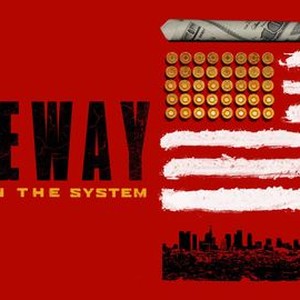

"In a time before computers were accessible for most of America, blacks found their way to an access point for the Internet to read about the Iran Contra Scandal. "People often forget this scandal was among the first online stories to erupt within the black community," says Antonio Moore, a producer on Freeway: Crack in the System. prisons, as well as other film and TV projects. And now Ross is working on another documentary, about price-gouging in U.S. Ross came back into the public eye last as a key character in - and behind-the-scenes player with - Freeway: Crack in the System, a 2016 Emmy-nominated piece of investigative longform TV journalism that explores the crack epidemic through the lens of mass incarceration. It also made Ross a fantastically wealthy man - with earnings in excess of $2.5 billion in today's dollars - before he was arrested in 1996 and sentenced to federal prison for 27 years. The crack epidemic swept through large swaths of Black America, upending millions of lives and sending tens of thousands of people to jail for decades on relatively minor drug offenses. On busy days, Ross might bring in more than $1 million in a single 24-hour stretch. At the height of the crack epidemic in the 1980s, Ross maintained a drug empire worth hundreds of millions on the streets of south Los Angeles, where he was raised. And drug overdoses are leading cause of injury related death in the United States.įor Ricky Ross, this present-tense crisis is eerily familiar. According to statistics from the Centers for Disease Control, 350 people become addicted to heroin every day, quadruple the number ten years ago.

Others, like fentanyl - which led to music legend Prince's death by overdose earlier this year - are new. Some of the opioid drugs - heroin, crystal meth - have been around long enough to be household names.


 0 kommentar(er)
0 kommentar(er)
